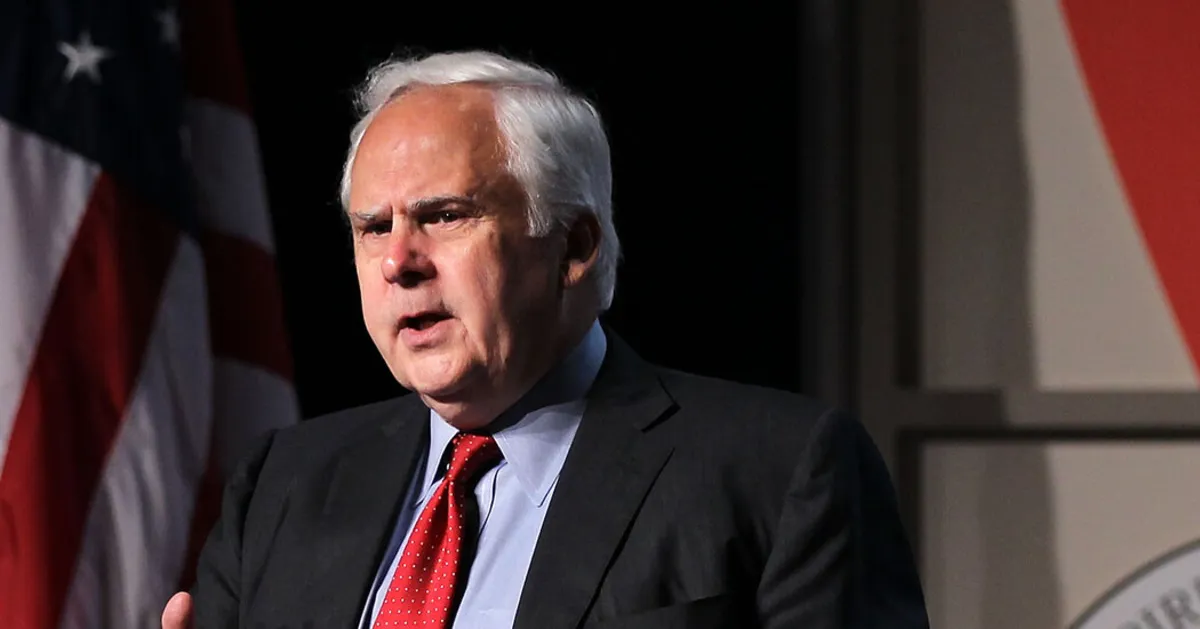
Frederick W. Smith, the pioneering entrepreneur who reshaped the landscape of freight transport with his innovative ideas, has passed away at the age of 80. His death was confirmed by FedEx in a statement released on Saturday, though further details have not been disclosed. Smith’s journey from a college student with a bold vision to a titan in the logistics industry is a testament to his remarkable foresight and determination.
In 1965, while studying at Yale University, Frederick W. Smith drafted a paper that would lay the foundation for what would become FedEx. In this paper, he articulated a compelling argument for the need for fast and reliable door-to-door shipping, particularly for small packages containing crucial components like computer parts. Despite receiving a C grade on the assignment, Smith’s concept proved visionary. Today, FedEx stands as a testament to the power of innovation, employing over half a million people and operating the world’s largest fleet of cargo aircraft.
With a remarkable average of over 16 million packages shipped daily across approximately 220 countries and territories, FedEx has transformed the way people send and receive goods globally. Much like Google, the FedEx brand has become synonymous with swift delivery, evolving into a widely recognized verb that signifies prompt shipping services.
Frederick W. Smith was revered as one of the most influential business leaders of his era. His early experiences as a pilot, combined with his military service as a Marine Corps pilot during two tours in Vietnam, equipped him with unique insights into the logistics industry. Additionally, Smith’s family background played a role in shaping his career; his father was the chairman of the Dixie Greyhound Lines, earning the title of the Bus King of the South.
One of Smith's most significant contributions to the logistics industry was the development of the hub-and-spoke system for package sorting and delivery. He established the company’s sorting operations in Memphis, utilizing an abandoned airplane hangar to create an efficient logistics hub. By flying his planes at night, Smith capitalized on the less congested airways, allowing for faster and more reliable deliveries across the country.
Frederick W. Smith's innovative spirit and relentless pursuit of excellence have left an indelible mark on the world of shipping and logistics. His legacy will continue to influence the industry for years to come.